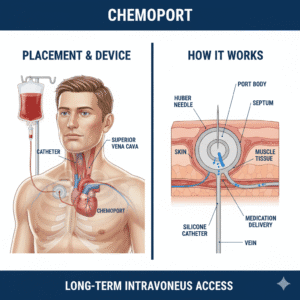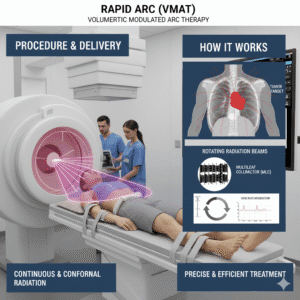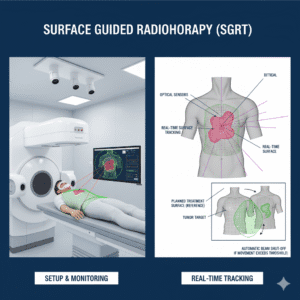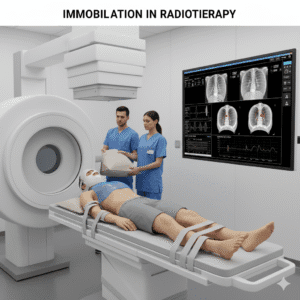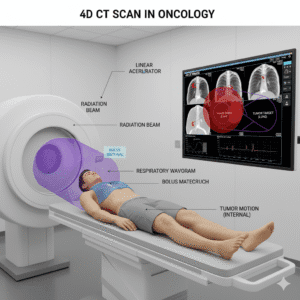
IMRT
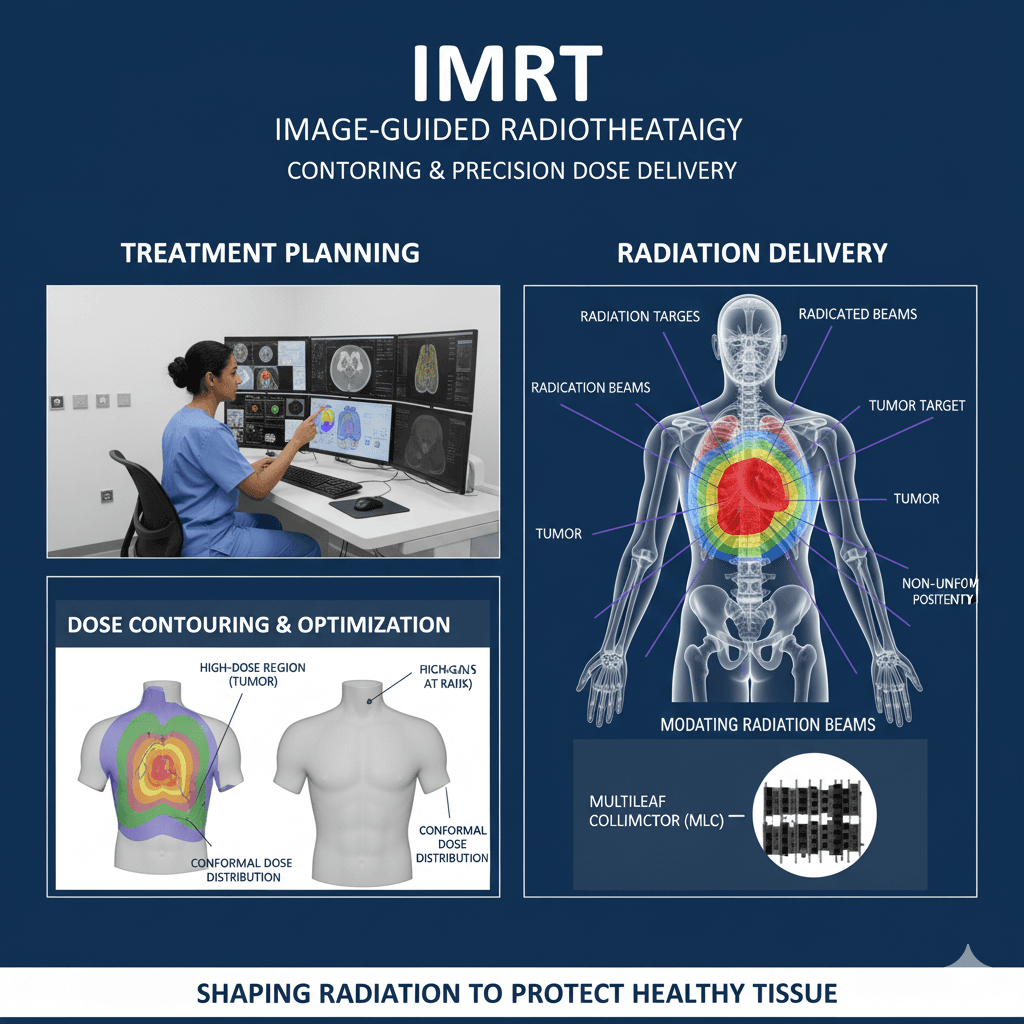
Q1: What is Intensity-Modulated Radiotherapy (IMRT)?
A: Intensity-Modulated Radiotherapy (IMRT) is an advanced form of radiation therapy used to treat cancer. It delivers radiation with varying intensities directly to the tumor, allowing for more precise targeting. This technique helps maximize the dose to the cancer cells while minimizing radiation damage to surrounding healthy tissues. This is now the minimum standard technique for delivering radiotherapy and needs a highly trained and experienced Team of Oncologists, Physicists, Radiographers etc.
Q2: How does IMRT differ from traditional radiotherapy?
A: Unlike traditional radiotherapy, which delivers uniform radiation to the entire treatment area, IMRT uses advanced technology and complex computer softwares to modulate (adjust) the intensity and determine the angles of the radiation beams. This along with the use of Multi-leaf collimators gives higher conformal radiation beams according to the shape of the tumor and hence allows for a higher dose to be focused on the tumor while sparing healthy tissues, significantly reducing the risk of side effects.
Q3: What types of cancer can be treated with IMRT?
A: IMRT is effective for treating many types of cancer, including prostate, head and neck, breast, brain, and lung cancers. It’s especially useful for tumors located near critical organs or structures, where precision is crucial to avoid damaging healthy tissue.
Q4: What should I expect during an IMRT session?
A: During an IMRT session, you will lie on a treatment table, and the radiation machine will move around you to deliver the radiation from different angles. The process is painless and typically lasts about 10-30 minutes. Most patients receive IMRT five days a week for several weeks, depending on their treatment plan.
Q5: What are the benefits of IMRT?
A: The main benefits of IMRT include greater accuracy in targeting the tumor, the ability to deliver higher doses of radiation to the cancer, and reduced exposure of healthy tissues to radiation. This can lead to better treatment outcomes and fewer side effects compared to conventional radiotherapy.
Q6: Are there any side effects?
A: While IMRT is designed to minimize side effects, some patients may still experience fatigue, skin irritation, or discomfort in the treated area. The side effects are generally less severe than those associated with traditional radiotherapy, thanks to the precision of IMRT.
Q7: How do I know if IMRT is right for me?
A: Your doctor will determine if IMRT is suitable for you based on the type, size, and location of your tumor, as well as your overall health. If IMRT is recommended, it’s because it offers a targeted approach that is likely to be more effective for your specific cancer.
Q8: Where can I receive IMRT treatment?
A: IMRT is widely available at many cancer treatment centers and hospitals. Your oncologist can refer you to a facility that specializes in this type of advanced radiotherapy.
If you have more questions or concerns about IMRT, feel free to book an online consultation with Dr Ruchir Bhandari, for a personalized radiotherapy plan based on your specific situation and needs.
Related Post


CyberKnife
August 6, 2024

Immunotherapy
August 7, 2024
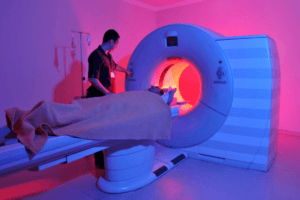
MRI Linac
August 7, 2024
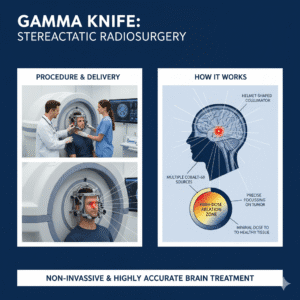
Gamma Knife
August 7, 2024
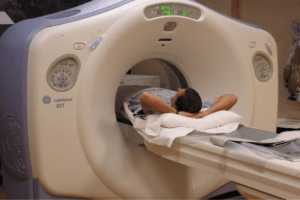
Cancer Screening
August 22, 2024
Gallery
Click below to book a clinic appointment
Ask More Questions Send Query On Email


